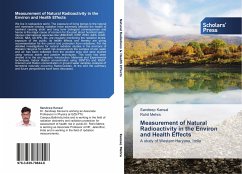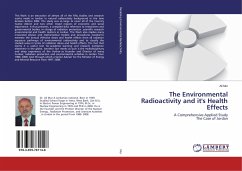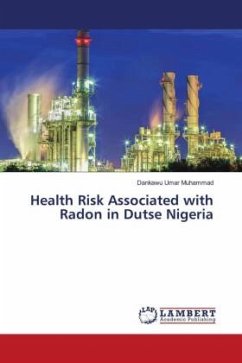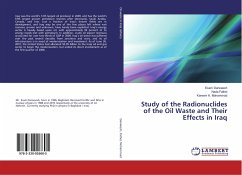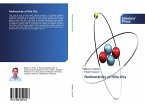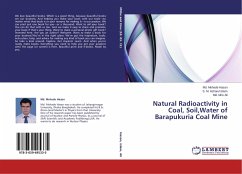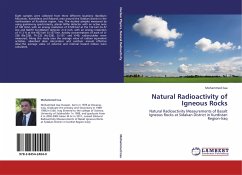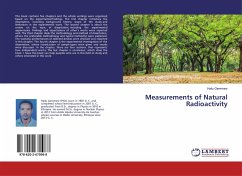We live in radioactive world. The exposure of living beings to the natural and manmade ionizing radiation have adversely affected the health of mankind causing short and long term biological consequences and hence is the major cause of concern for the past about hundred years . Various international agencies like UNSCEAR, ICRP, WHO, IAEA, ICAR, OECD, NEA, US EPA, etc. are regularly monitoring the radiation levels, exposure of the public, its health effects and thereby are giving recommendation for the control and protection from radiations. For the detailed investigations for natural radiation studies in the environs of Western Haryana for health risk assessments the samples of soil, water and air has been collected from the studied area and were studied using various active and passive techniques. This book has been divided in to the six chapters; Introduction, Materials and Experimental techniques, Indoor Radon concentration using SSNTD s and RAD7, Uranium and Radon concentration in ground water samples, Analysis of terrestrial naturally occurring Radionuclides. At the end the summary and future perspectives have been discussed.
Bitte wählen Sie Ihr Anliegen aus.
Rechnungen
Retourenschein anfordern
Bestellstatus
Storno

